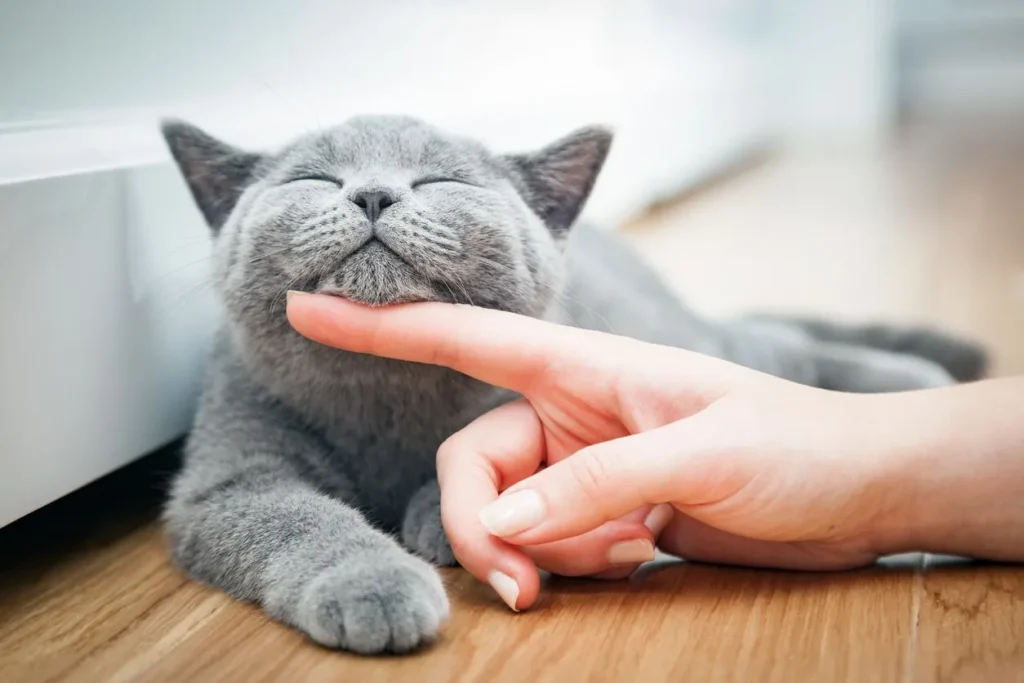Cats have long captivated humans with their mysterious behaviors, elegant movements, and affectionate purrs. Yet, despite their independent nature, our feline companions rely on us to ensure their well-being. Understanding the common illnesses that cats may face, along with preventative care tips, is crucial for any cat owner who wants to provide the best possible care for their furry friend.
Recognizing Common Illnesses
Cats, much like humans, can suffer from a variety of illnesses that can impact their quality of life. One prevalent condition is feline lower urinary tract disease (FLUTD), which encompasses a range of disorders affecting the bladder and urethra. Symptoms of FLUTD include difficulty urinating, blood in the urine, and frequent trips to the litter box. Stress, diet, and genetic factors often play significant roles in the development of this condition. Early detection and prompt veterinary care are vital to managing FLUTD effectively and preventing further complications.

Another common ailment in cats is dental disease, which influences a large percentage of the feline population. Dental problems can range from gingivitis to more severe issues like periodontal disease, which can lead to tooth loss and systemic infections. Cats suffering from dental disease may exhibit signs such as bad breath, drooling, and difficulty eating. Regular dental check-ups and proper oral hygiene, including brushing your cat’s teeth and providing dental treats, are essential measures to combat these issues. Neglecting dental health can result in severe pain and long-term health difficulties for your feline friend.
The Importance of Regular Veterinary Check-ups
Routine veterinary check-ups are the cornerstone of preventative care for cats. Regular visits to the veterinarian allow for early detection of potential health issues before they become serious problems. During these visits, the vet will perform a comprehensive examination, including checking your cat’s weight, coat condition, and overall demeanor. Blood tests and other diagnostics may be conducted to ensure your cat is in optimal health. Vaccinations, parasite prevention, and discussions about nutrition are also integral parts of these check-ups, ensuring that your cat receives well-rounded care.
Furthermore, senior cats, typically those over the age of seven, require more frequent veterinary visits to monitor age-related health issues. Conditions such as arthritis, kidney disease, and hyperthyroidism are more common in older cats and can significantly affect their quality of life. By maintaining a schedule of regular veterinary appointments, cat owners can ensure that these conditions are managed effectively, providing their pets with a comfortable and happy life as they age.
Preventative Care at Home
Preventative care extends beyond the veterinary clinic and into the home, where cat owners can take several proactive steps to support their pet’s health. One of the most important aspects of home care is proper nutrition. A balanced diet tailored to your cat’s age, weight, and health status is crucial for maintaining their overall well-being. High-quality commercial cat foods are formulated to meet these needs, but it’s also essential to be mindful of portion sizes and avoid overfeeding, which can lead to obesity and related health issues.

Another key element of preventative care is ensuring your cat gets enough physical and mental stimulation. Engaging your cat in regular play sessions with toys that mimic prey behavior can help keep them physically active and mentally sharp. Providing scratching posts, climbing trees, and puzzle feeders also contributes to their overall health and happiness. Additionally, maintaining a clean living environment, with regular cleaning of litter boxes and bedding, helps prevent the spread of diseases and parasites, creating a healthier home for your feline companion.
Conclusion
Caring for a cat involves more than just providing food and shelter; it requires a deep understanding of their health needs and proactive measures to prevent illnesses. By recognizing common ailments like FLUTD and dental disease, ensuring regular veterinary check-ups, and implementing effective preventative care at home, cat owners can significantly enhance their pet’s quality of life. As we continue to learn more about feline health, it becomes increasingly clear that our dedication to their well-being is rewarded with their love and companionship. Investing time and effort into understanding and addressing your cat’s health needs is a testament to the bond you share, ensuring many happy and healthy years together.
